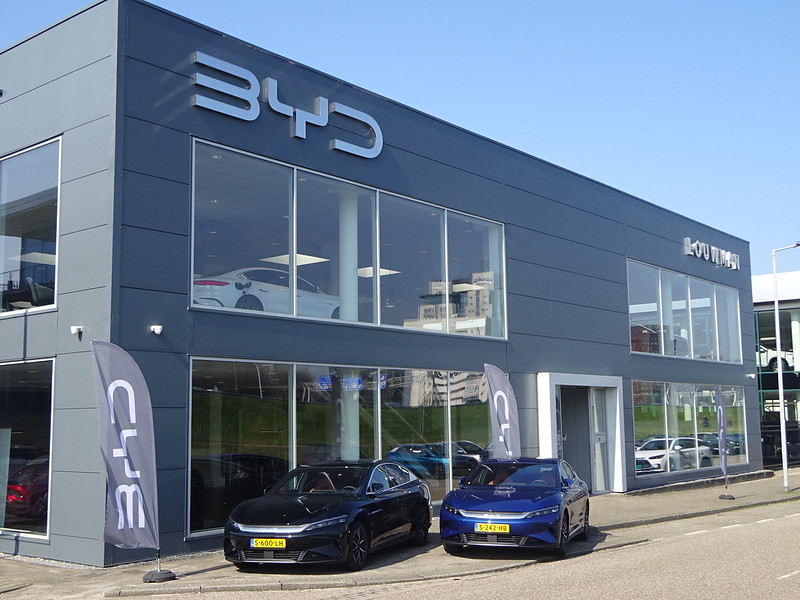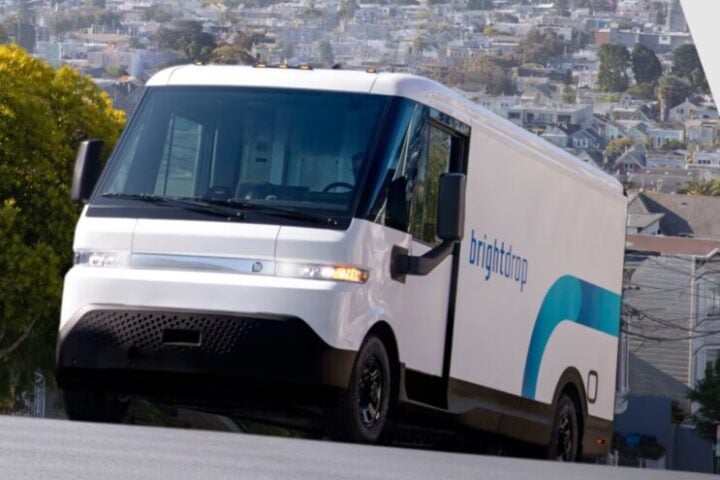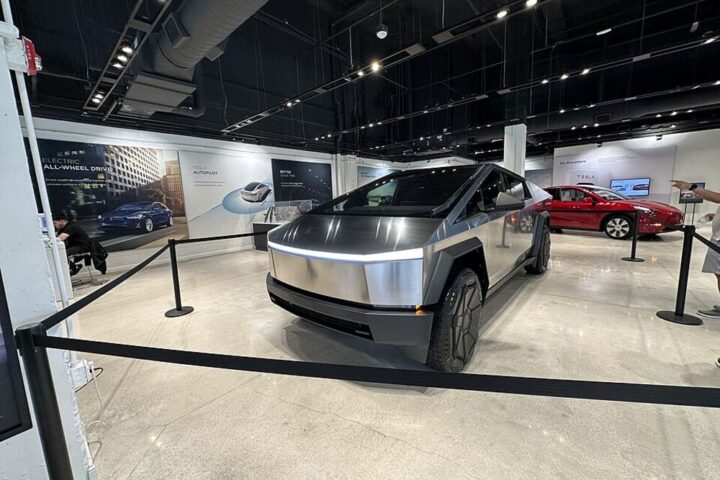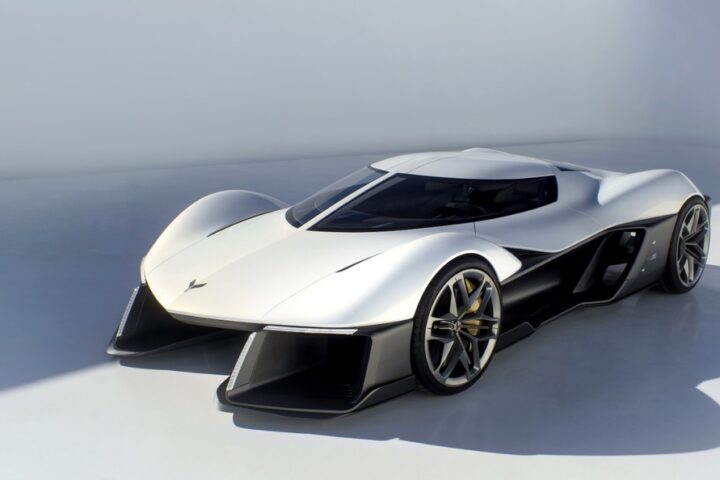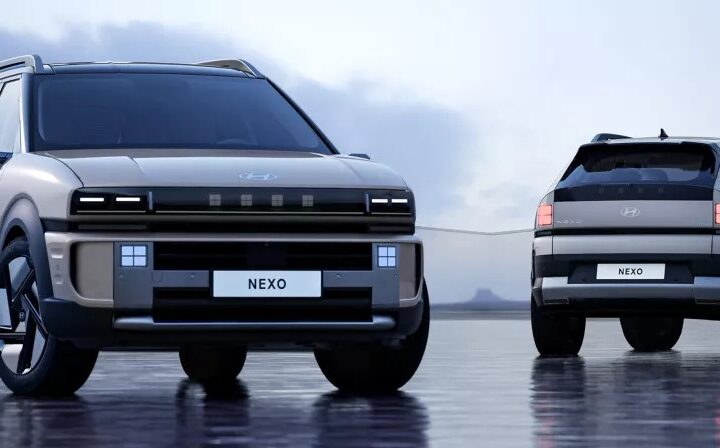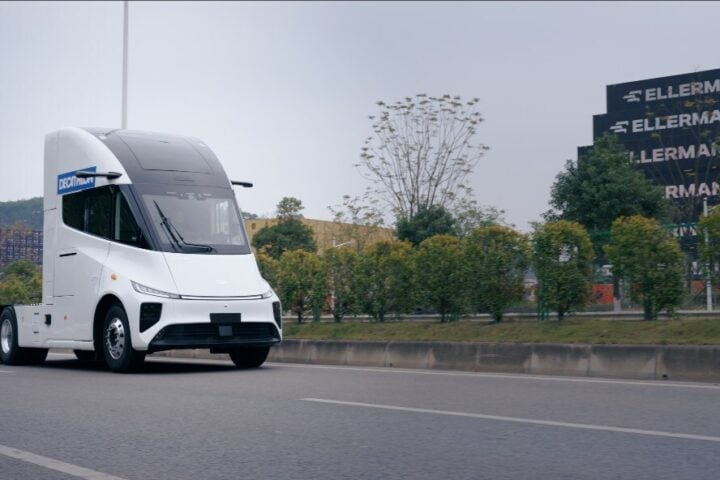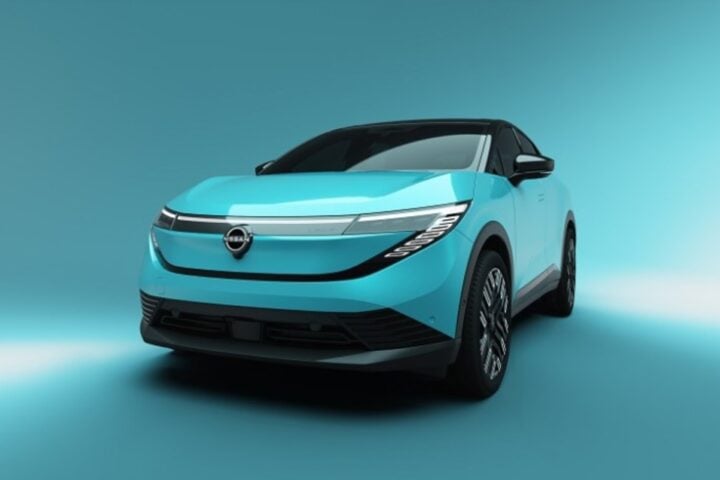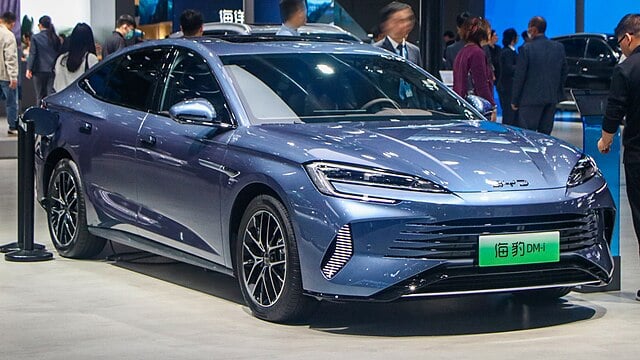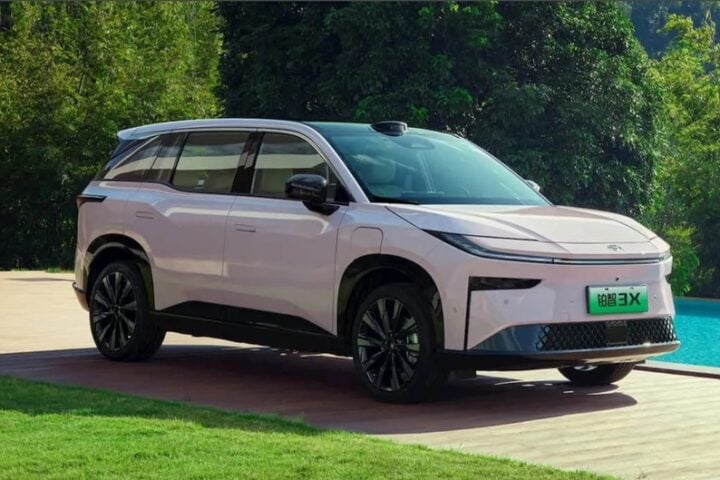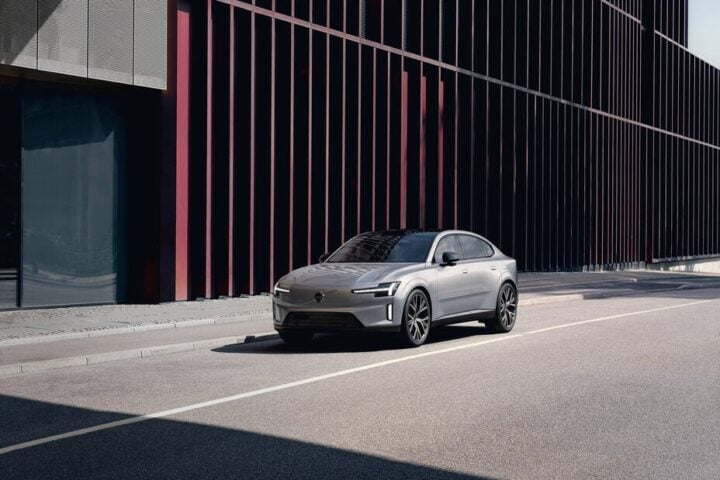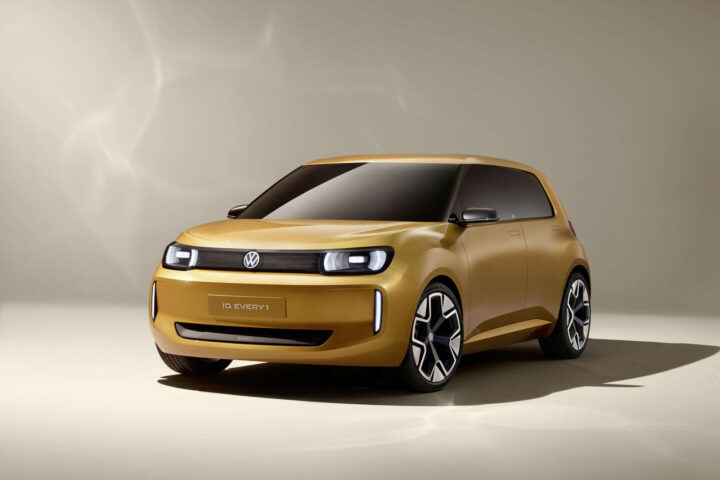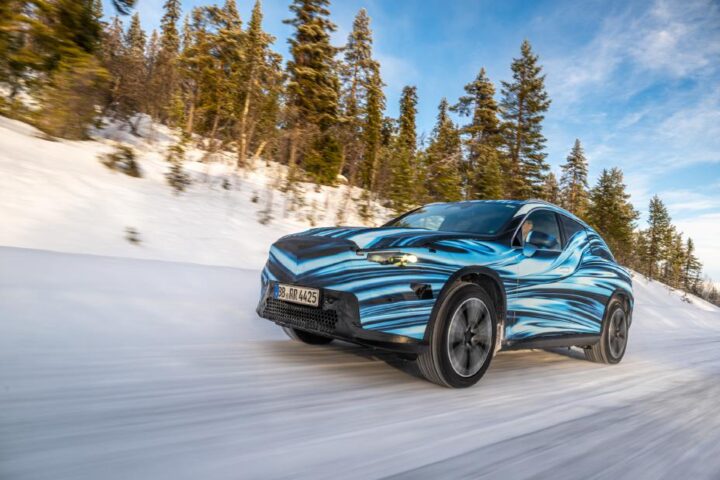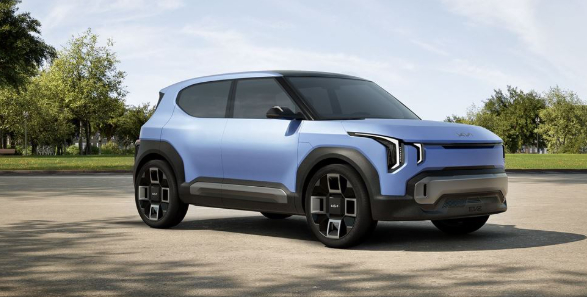Chinese carmaker BYD is working on a new type of electric car battery that could change how we think about electric vehicles. The company plans to start using these new batteries, called solid-state batteries, in some of their cars by 2027.
“We’ll begin with demonstration vehicles in 2027,” says Sun Huajun, BYD’s battery chief. These new batteries work differently from today’s electric car batteries. Instead of using liquid materials inside, they use solid materials that can store more energy and charge faster.
BYD has been working on this technology since 2013. They’ve already built test batteries in their labs and are now figuring out how to make them in larger numbers. The first cars to get these new batteries will be BYD’s more expensive models. By 2030, as manufacturing becomes cheaper, the company plans to use them in more affordable cars.
What makes these batteries special? They could allow cars to drive up to 1,500 kilometers on a single charge – about three times farther than most of today’s electric cars. Think about driving from New York to Miami with just one charging stop.
Similar Posts:
The company isn’t alone in this effort. Other major companies like Toyota, Honda, and CATL are also developing similar batteries. This competition could help bring better electric cars to market sooner.
BYD isn’t abandoning its current battery technology, though. Lian Yubo, BYD’s chief engineer, says their current batteries will still be important for affordable electric cars for the next 15-20 years. This makes sense – just as some people buy premium gasoline cars while others prefer budget-friendly options, BYD wants to offer choices for different budgets.
The company knows what it’s doing with batteries. They currently make 17.2% of all electric car batteries globally, second only to CATL’s 37.9%. This experience gives them a strong foundation for developing new technology.
Safety is another key benefit of these new batteries. The solid materials used are more stable than current liquid-based batteries, which could mean safer electric cars. They’re also designed to charge faster, potentially reducing charging time significantly.
The road to these better batteries isn’t simple. BYD will spend the first two years (2027-2029) testing them in real-world conditions before starting larger production in 2030. This careful approach helps ensure the technology works reliably before more people use it.
While 2027 might seem far away, this timeline shows how complex new car technology can be. It’s like developing a new smartphone – except this one has to work safely for years while carrying people at high speeds through all kinds of weather.
For BYD, success with these new batteries could mean electric cars that are more practical for more people. Imagine charging your car in about the same time it takes to fill up with gas, then driving for days before needing another charge. That’s the kind of change these new batteries might bring.
